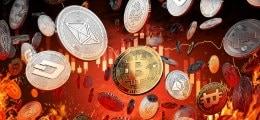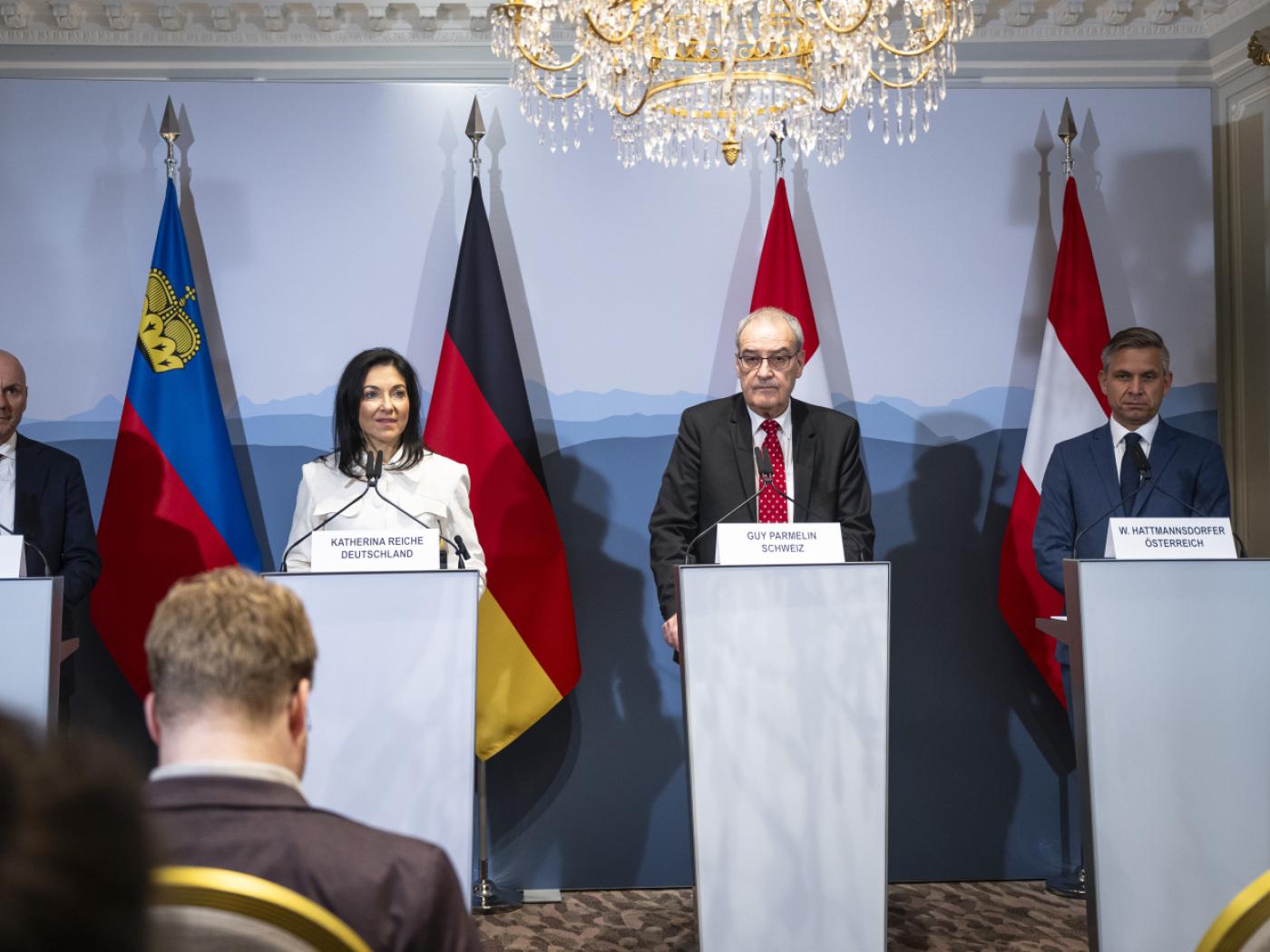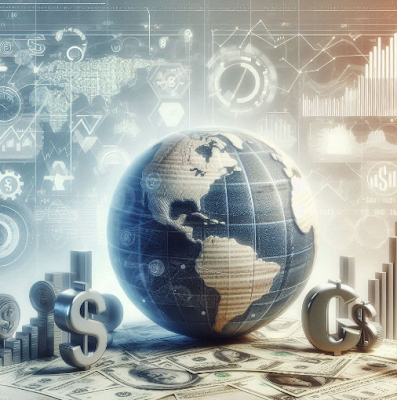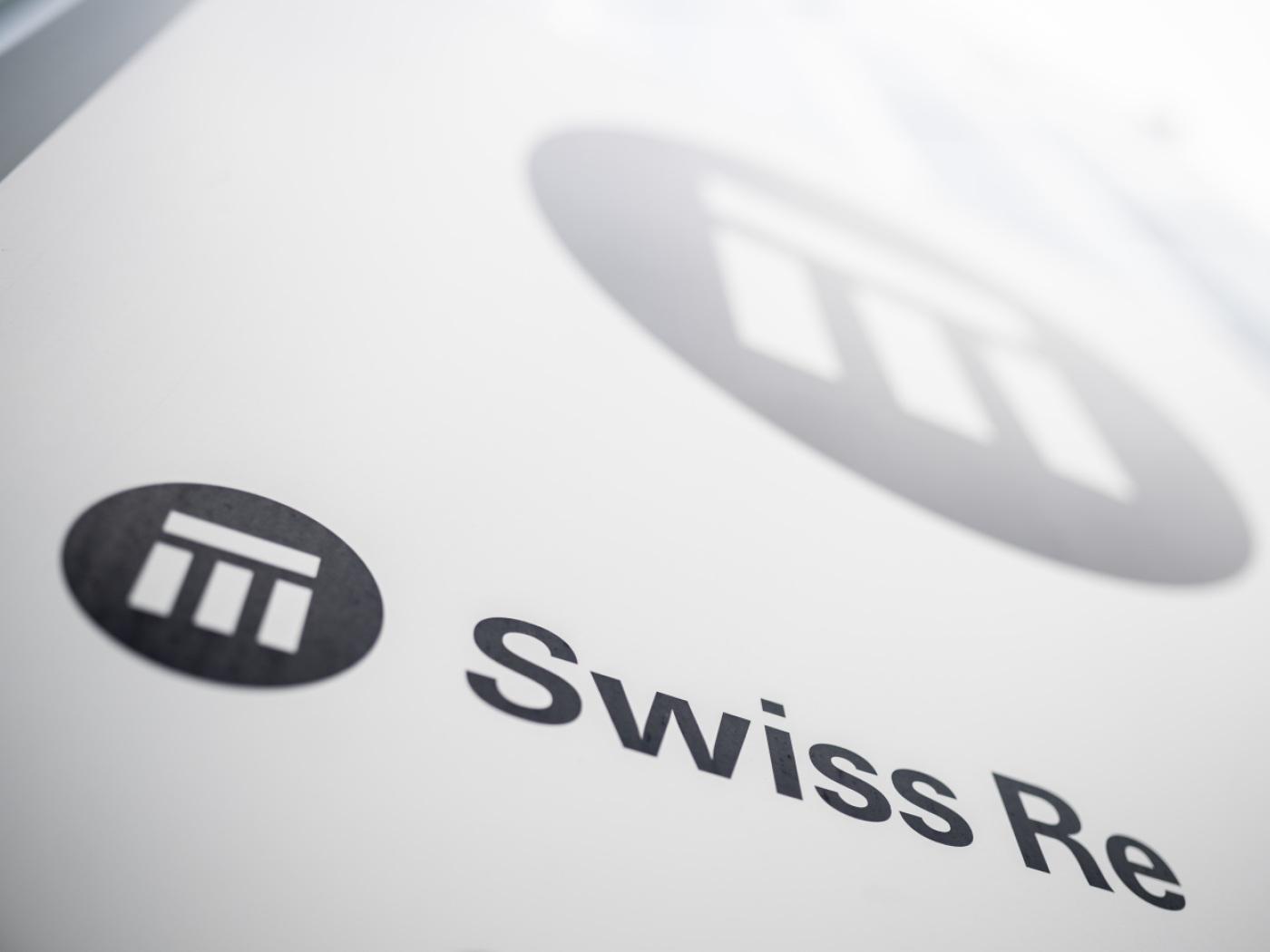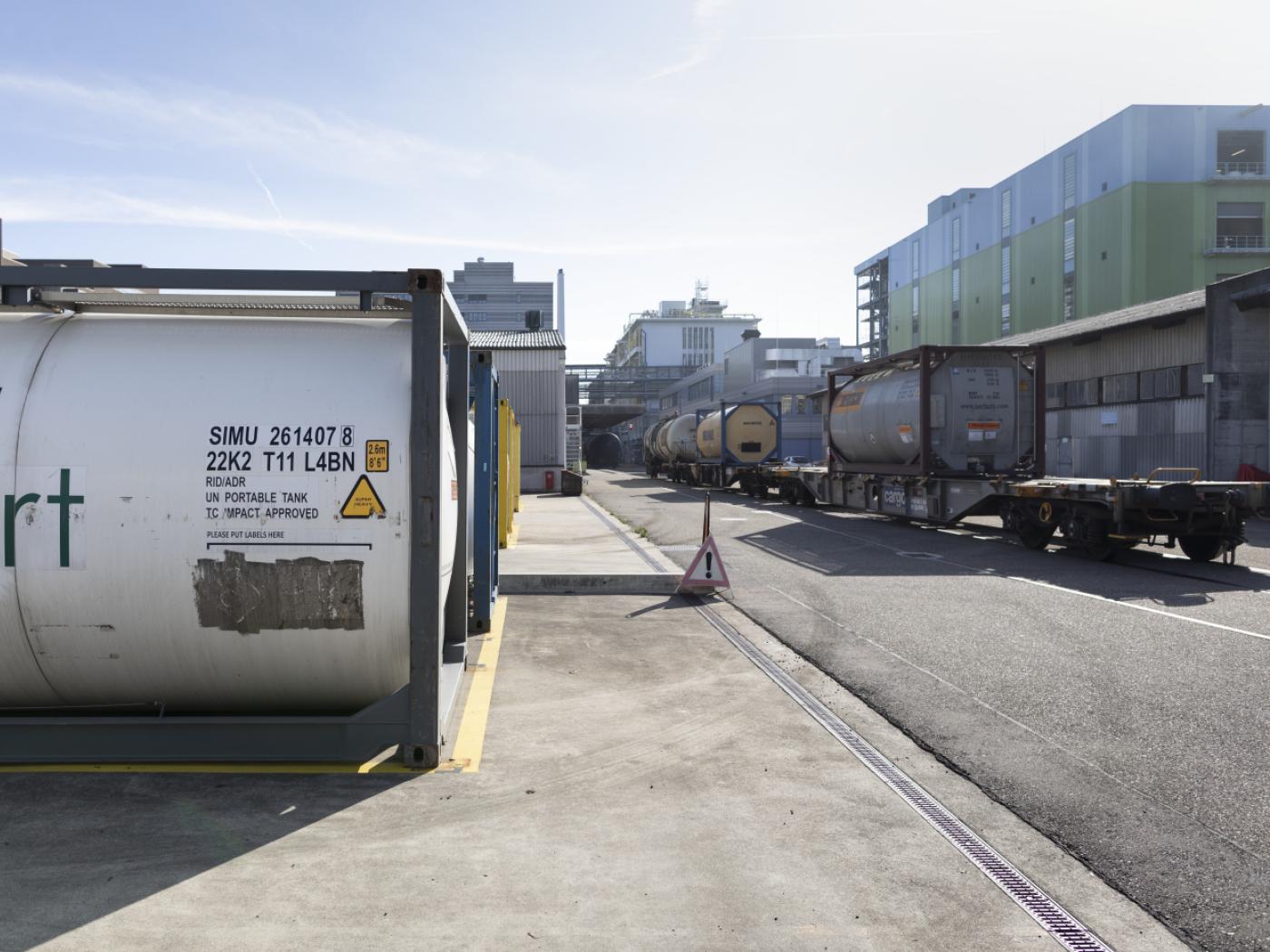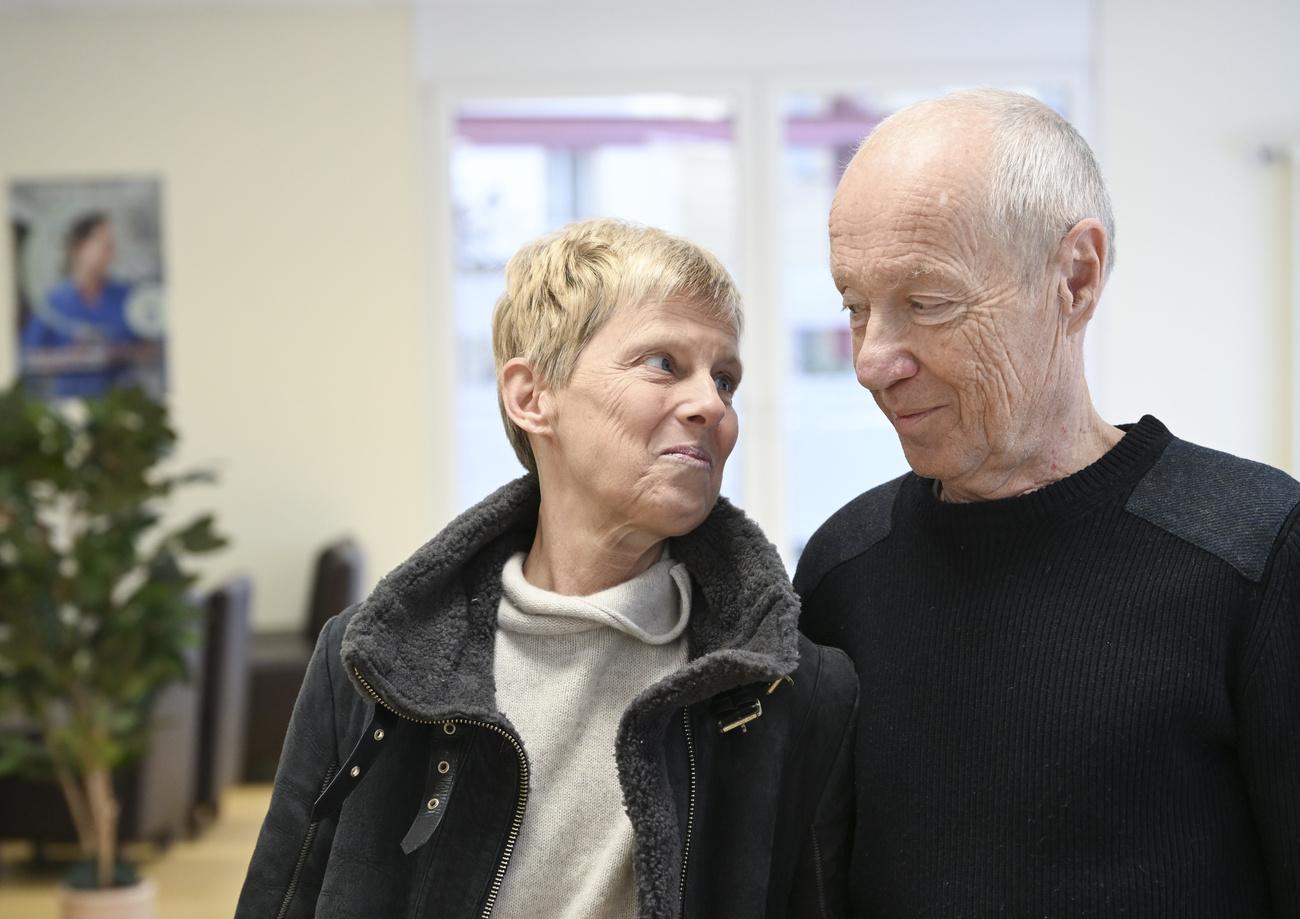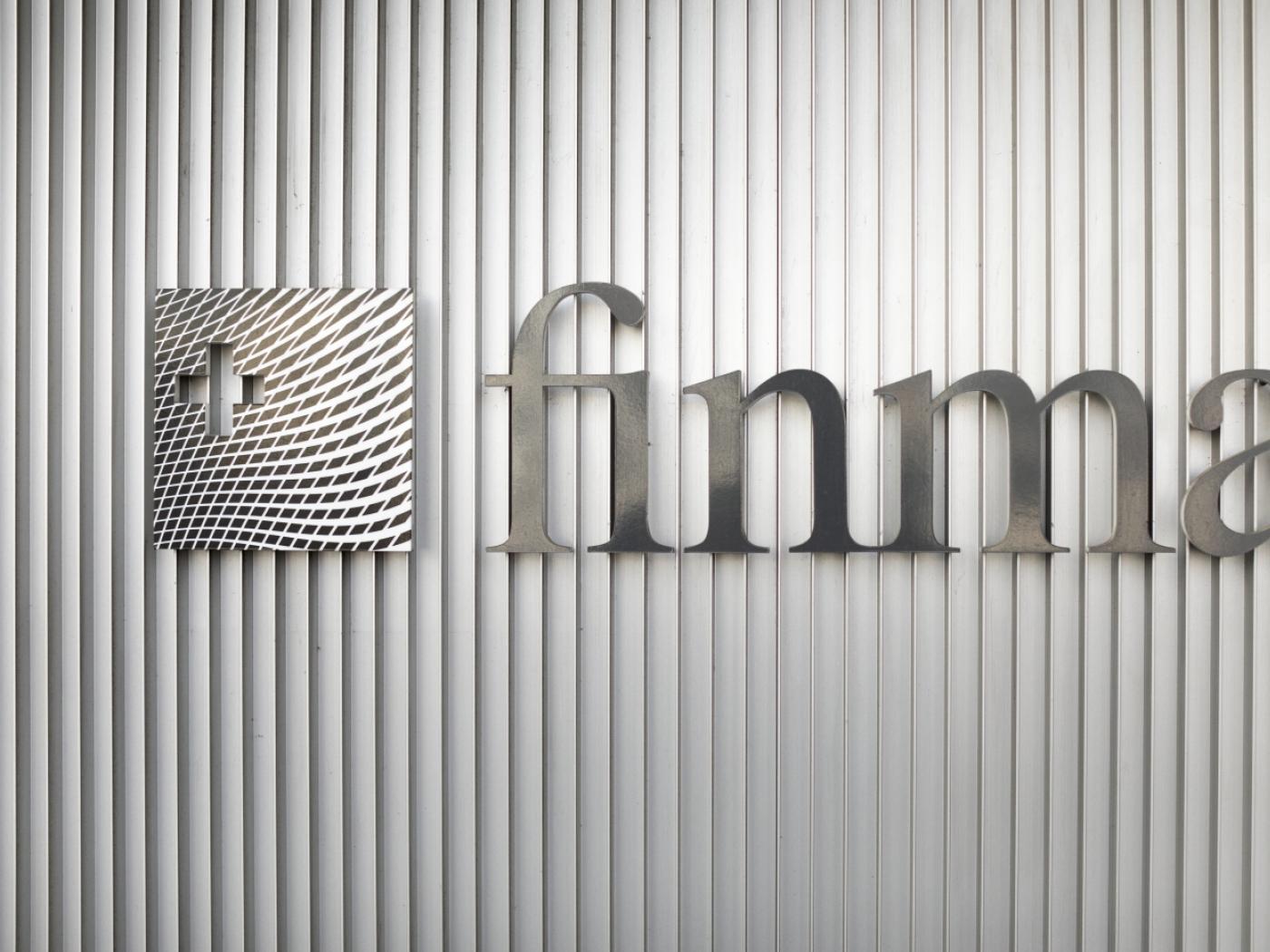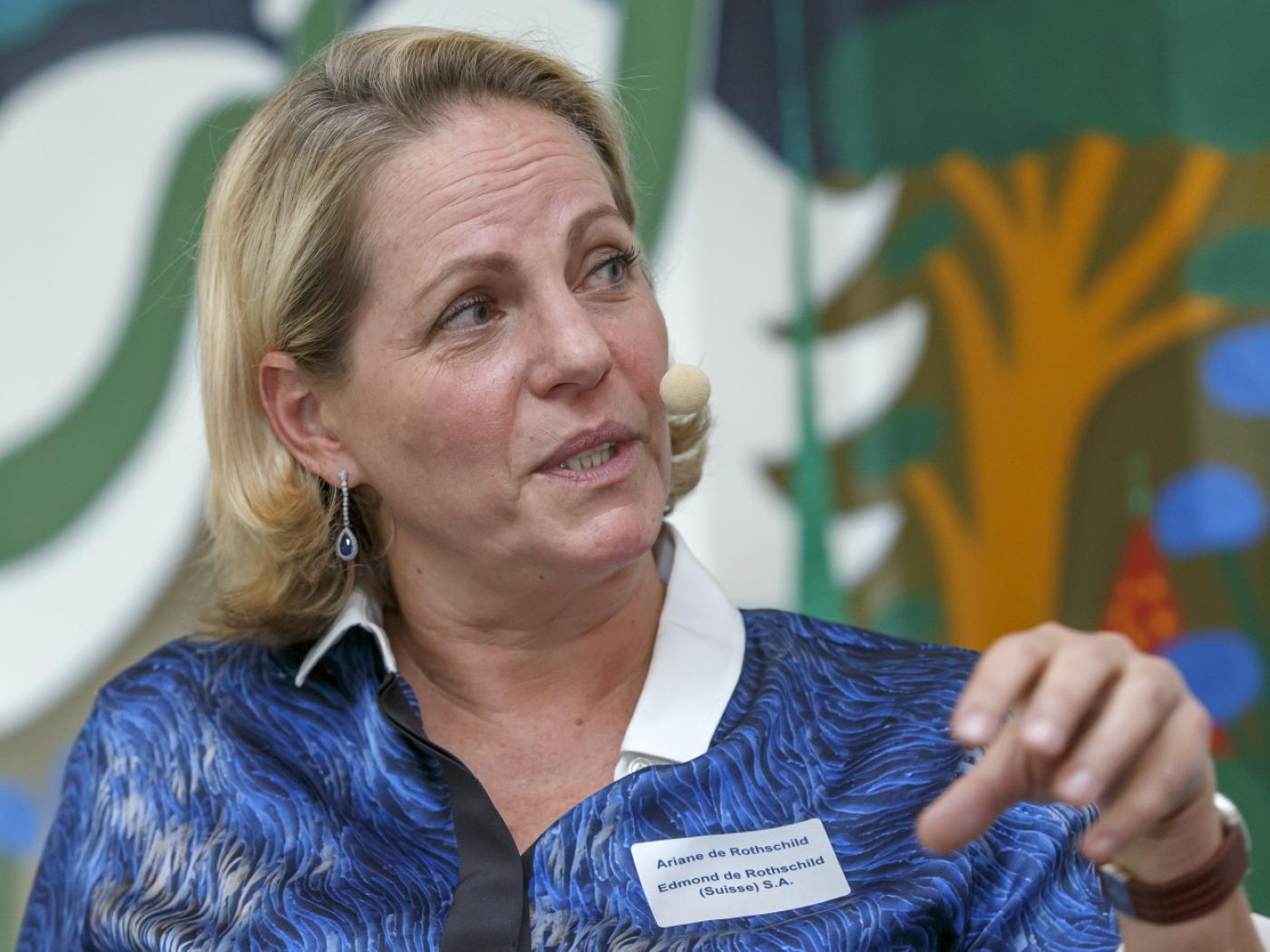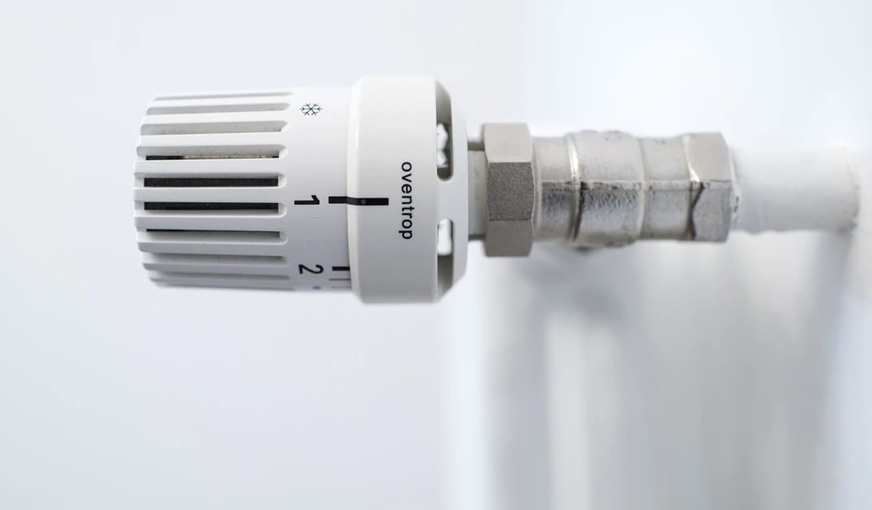
Authorities have raised the spectre of winter rationing, should supplies be disrupted. © Keystone / Christian Beutler
The president of the Swissgas industry platform says Switzerland is not aware of how fragile the situation is and that “it would not take much” to lead to a winter shortage.
André Dosé told the External linkNeue Zürcher ZeitungExternal link (NZZ) newspaper on Thursday that looming gas shortages elsewhere in Europe and exploding prices amounted to a “huge problem” for Swiss supplies.
“There is no short-term solution,” Dosé said. “Building solar panels is necessary and good – but it won’t take us through the winter. Switzerland is lagging behind other European countries, and it doesn’t help that we don’t have any energy agreement with the EU.”
Dosé, previously the CEO of Swiss International Air Lines (SWISS), also took a dig at federal authorities and at the Swiss method of finding broadly backed strategies with the buy-in of as many stakeholders as possible.
“In crises you have to move ahead fast – set priorities and take decisions,” he said. “The good old Swiss process, in which all decisions have to be as widely backed as possible, doesn’t work at such a time”.
‘Self-inflicted’
He also said that the situation was largely “self-inflicted” and that the Swiss energy strategy – backed by voters in 2017 – was “built on sand”: it didn’t take into account population growth or the shift towards electricity-powered transport, he said.
As for the government’s plans to forestall winter shortages, Dosé told the NZZ that beefing up gas reserves by making advance purchases abroad was pushing Swiss gas companies to the limit.
Prices are rising so strongly that suppliers are demanding “astronomically high financial guarantees” for future deliveries, he said. With banks and shareholders reluctant to back such purchases, Dosé says state guarantees should be part of the discussion.
Gas makes up roughly 15% of Switzerland’s final energy consumption and is mostly used for heating and cooking. Around half of this comes from Russia, although there are no direct contractual relations with Russian companies. Swiss distributors mainly source their gas from within the European Union, such as from Germany and France.
Full story here Are you the author? Previous post See more for Next postTags: Environment,Featured,newsletter





















